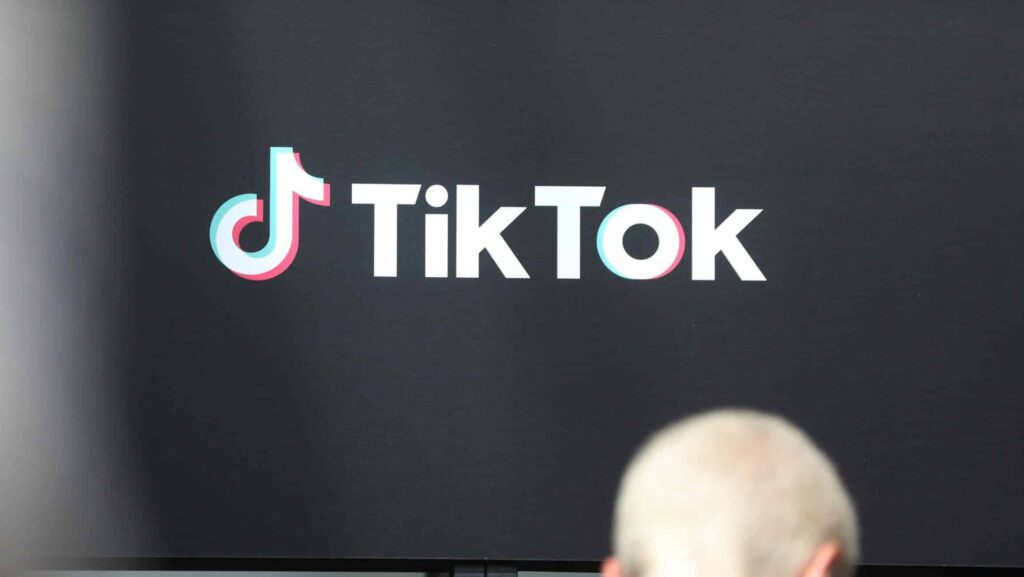Summary:
-
A coalition of 14 attorneys general filed lawsuits against TikTok, alleging harm to young users’ mental health.
-
Lawsuits criticize TikTok’s design features, such as scrolling feeds and challenges, for promoting addiction and risky behavior.
-
TikTok faces legal pressures, including potential bans, over concerns about its impact on young users’ mental health.
A bipartisan coalition of 14 attorneys general from various states filed lawsuits against TikTok on Tuesday, accusing the social media platform of fostering addiction among young users and harming their mental health. The lawsuits, which were filed separately by members of the coalition co-led by New York Attorney General Letitia James and California Attorney General Rob Bonta, address multiple aspects of TikTok’s design and features that the attorneys general claim contribute to these issues.
The lawsuits criticize several elements of the TikTok platform, particularly its endlessly scrolling feed, which encourages prolonged usage, and “challenge” videos that often promote risky behaviors. Additionally, the lawsuits point to late-night push notifications, which the attorneys general argue disrupt children’s sleep patterns, further exacerbating mental health issues.
These legal actions come at a time when TikTok faces increasing scrutiny and legal pressures, including a potential ban in the United States as soon as next year. The platform is also battling a lawsuit from the U.S. Department of Justice over allegations of unlawfully collecting data from children, alongside various actions taken by individual states.
In June, New York Governor Kathy Hochul signed legislation aimed at regulating social media algorithms, which may force TikTok to alter its operational practices. Under this new law, social media platforms must present content in chronological order to users under 18, a significant change that could affect user engagement strategies. Last month, 42 state attorneys general also urged U.S. Surgeon General Vivek Murthy to implement warning labels on social media apps, highlighting their potential harm to young users.
In response to the lawsuits, TikTok spokesperson Alex Haurek expressed disappointment, stating, “We strongly disagree with these claims, many of which we believe to be inaccurate and misleading. We’re proud of and remain deeply committed to the work we’ve done to protect teens and we will continue to update and improve our product.” Haurek emphasized TikTok’s commitment to safety features, including default screen time limits for younger users and parental oversight tools.
Haurek added that TikTok has been engaged in dialogue with attorneys general for over two years and found it disheartening that they have opted for legal action instead of collaborative solutions.
ADVERTISEMENT
Despite TikTok’s assertions, the coalition of attorneys general maintains that the platform is not doing enough to protect young users. In a statement, they argued, “TikTok’s underlying business model focuses on maximizing young users’ time on the platform so the company can boost revenue from selling targeted ads.” They contend that TikTok employs an addictive content-recommendation system designed to keep minors engaged, often to their detriment.
Attorney General James’s complaint alleges that TikTok is aware of the compulsive use and harmful effects its platform has on the mental health of millions of American children and teenagers. It also suggests that TikTok targets users under 13, despite claiming that the platform is intended only for those 13 and older. The complaint cites internal TikTok documents, although much of the content remains heavily redacted.
James argues that TikTok’s profit-driven model has resulted in substantial revenue, with the platform reportedly earning $16 billion in the U.S. in 2023. The complaint references a Harvard study that estimates TikTok generated $2 billion in ad revenue in 2022 from U.S. teenagers aged 13 to 17.
The lawsuits also highlight the platform’s use of beauty filters, which can create unrealistic standards of appearance, leading to negative social comparisons and body image issues. Additionally, TikTok challenges, where users replicate viral trends, have been linked to dangerous behavior. The complaint mentions a tragic incident earlier this year in which a teenager died while attempting a dangerous subway stunt, with videos promoting such behavior found on his TikTok account.
Moreover, the lawsuits allege that TikTok violates the U.S. Children’s Online Privacy Protection Act (COPPA) by failing to adequately prevent children under 13 from accessing the app and by collecting their personal information without parental consent. The complaint states that although TikTok claims to restrict access to those over 13, the platform still features content aimed at younger audiences.
By maximizing the platform’s addictive properties, TikTok is said to have cultivated a generation of users who spend excessive amounts of time on the app, negatively impacting their development and personal responsibilities, according to James’s complaint.
ADVERTISEMENT
The lawsuits seek financial penalties against TikTok and may require the platform to repay any profits earned from advertisements directed at New York teens and pre-teens.
As these legal challenges unfold, the U.S. Centers for Disease Control and Prevention (CDC) has released a report highlighting the significant role social media plays in the lives of American teenagers and its link to mental health issues. The Youth Risk Behavior Survey indicated that over 75% of high school students are frequently online, with about 30% using social media more than once an hour.
Students who reported higher social media use were more likely to experience negative emotions and challenges, with 43% of frequent users reporting persistent feelings of sadness or hopelessness. The survey also indicated that teen girls are more likely than boys to report poor mental health and high social media usage.









